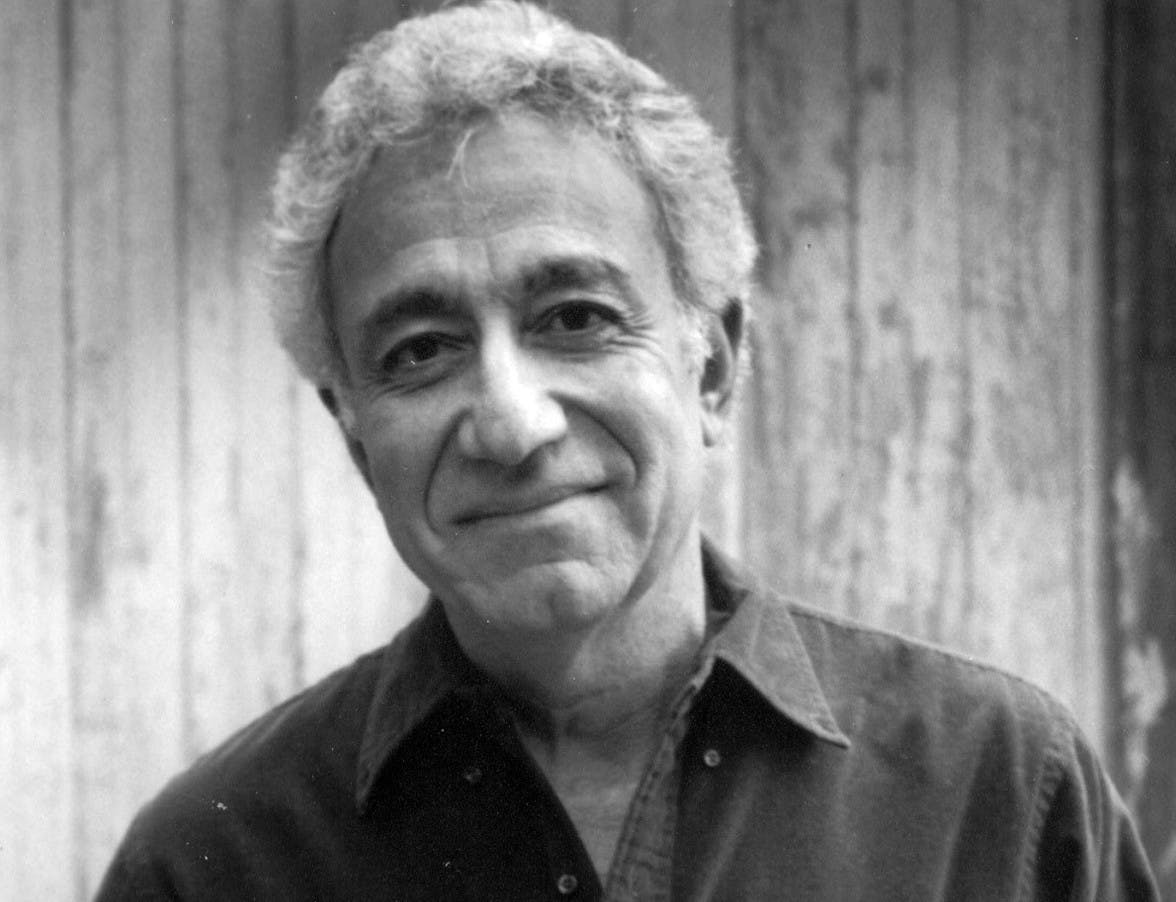Commenting on President Trump’s remarks in February in his State of the Union address on the lack of distinction between vocational education and community colleges, UCLA research professor Mike Rose, who has written extensively on the unique intelligence of the American worker and the benefits of returning to school, told The New York Times that the president’s generalizations were “characteristically ignorant.”
“The danger is we tend to view these young people who are drawn to these programs in very deficient ways,” Rose was quoted as saying. “They value intellectual pursuits. They’ve watched industries die in their communities and know the danger of not being able to adapt to other kinds of work.”
Rose, who has written extensively on programs that enable the working class to complete their high school diploma or attain a college degree after previously interrupting their education in order to support themselves and their families, was recently interviewed for Alternet.org on the impact that conservative politics will have on working-class and low-income students who are limited to vocational training in community college programs.
“There is a lot of talk … about the need for people to go to college, if not a four year, at least a community college, and the rationale is always an economic one: this kind of education, this kind of training will give people more skills and that will make them more viable in this economy,” said Professor Rose in the Alternet interview. “I get that. I come from a working-class background. I know the difference it can make a if you have a secure job or a set of skills that enable you to gain employment versus if you don’t. So, I have no beef at all with the economic motive for this kind of education and training.
“But what is so interesting to me is that’s all you hear,” he said. “There’s no justification beyond economics for folks to go off to college or to get some kind of further certification or training. But what interests me is that even folks going back to school for strictly economic reasons, all kinds of other things happen along the way. They say things like: ‘Gosh, you know, it’s really good to feel my mind working again.’ Or they get really excited about the new tools and technologies that they’re learning. You hear people talking this way and acknowledging what this kind of training is doing for their sense of themselves as thinkers and what it’s doing to their sense of their own intelligence.”
Professor Rose earned his bachelor’s degree at Loyola University, his master’s University of Southern California, and another master’s degree and a doctorate at UCLA. Over the last four decades, he has taught in a range of educational settings, from kindergarten to job training and adult literacy programs. He has been the recipient of a Guggenheim Fellowship, the Grawemeyer Award in Education, and the Commonwealth Club of California Award for Literary Excellence in Nonfiction. He has also been honored by the Spencer Foundation, the McDonnell Foundation Program in Cognitive Studies for Educational Practice, the National Council of Teachers of English, and the Modern Language Association. He is a member of the National Academy of Education.
Rose is the author of 12 books and numerous articles on language, literacy, and cognition, as well as being a regular contributor and source for media on teaching and learning for the working class, returning students, and veterans. His major publications include “Lives on the Boundary: the Struggles and Achievements of America’s Underprepared,” “Possible Lives: The Promise of Public Education in America,” “The Mind at Work: Valuing the Intelligence of the American Worker,” “Why School? Reclaiming Education for All of Us,” and “Back to School: Why Everyone Deserves a Second Chance at Education.”
Visit these links to read Professor Rose’s most current insights on education and politics:
For Professor Rose’s blog and more information, visit his website.
